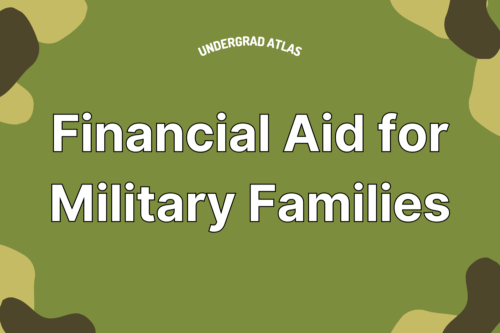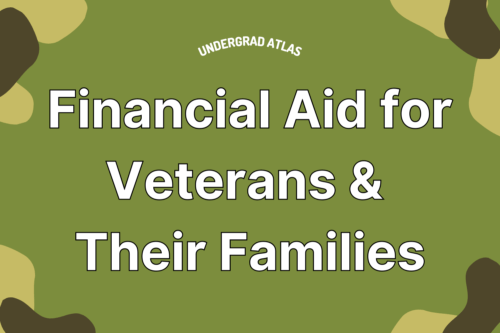It’s that time of the year again – FAFSA® season! If you’re a student or a parent, you’ve probably heard of the Free Application for Federal Student Aid (FAFSA®). Filing the FAFSA® can be a daunting task, but it’s a crucial step in accessing financial aid for college.
In this comprehensive guide, we’ll walk you through the process and explain everything you need to know about FAFSA® eligibility.
1. Demonstrating Financial Need
One of the primary factors in determining FAFSA® eligibility is demonstrating financial need. This is calculated by subtracting your Expected Family Contribution (EFC) from the total cost of attendance (COA) at your chosen schools. The resulting amount is your determined financial need.
2. US Citizenship or Eligible Non-Citizen Status
To be eligible for FAFSA®, you must be a US citizen or an eligible non-citizen. If you are unsure about your status, consult the FAFSA® glossary or seek guidance from the relevant authorities.
3. Possessing a Valid Social Security Number
Having a valid Social Security Number (SSN) is a requirement for most US citizens. However, students hailing from the Republic of the Marshall Islands, Federated States of Micronesia, or the Republic of Palau may have exceptions.
4. Registering with Selective Service (For males)
Males between the ages of 18-25 who identify as men are required to register with the Selective Service when completing the FAFSA®.
5. Enrollment in an Eligible Program
To qualify for FAFSA®, you must be enrolled or accepted as a regular student in an eligible degree or certificate program. Note that you must also be enrolled at least half-time to be eligible for funds from the Direct Loan Program.
6. Maintaining Satisfactory Academic Performance
Every educational institution has specific academic progress standards. To remain eligible for financial aid, ensure that you meet and maintain satisfactory academic performance as outlined by your school.
7. Possessing a High School Diploma or Equivalent
Having a high school diploma or its recognized equivalent, such as a GED certificate, is a basic eligibility requirement. Homeschooling or participation in eligible career pathway programs can also fulfill this requirement.
Also read: 6 Common Financial Surprises in College and How to Deal with Them

Conclusion:
The FAFSA® can seem overwhelming, but understanding the eligibility criteria is the first step towards securing financial aid for college. By demonstrating financial need, meeting citizenship requirements, possessing a valid SSN, registering with Selective Service (if applicable), enrolling in an eligible program, maintaining academic performance, and having a high school diploma or recognized equivalent, you can ensure your eligibility for FAFSA®.
Remember, even if you think you may not qualify for financial aid, it’s important to file the FAFSA® to explore all possibilities. Start the application process with confidence, knowing that you have the necessary information to determine your eligibility for financial aid.





